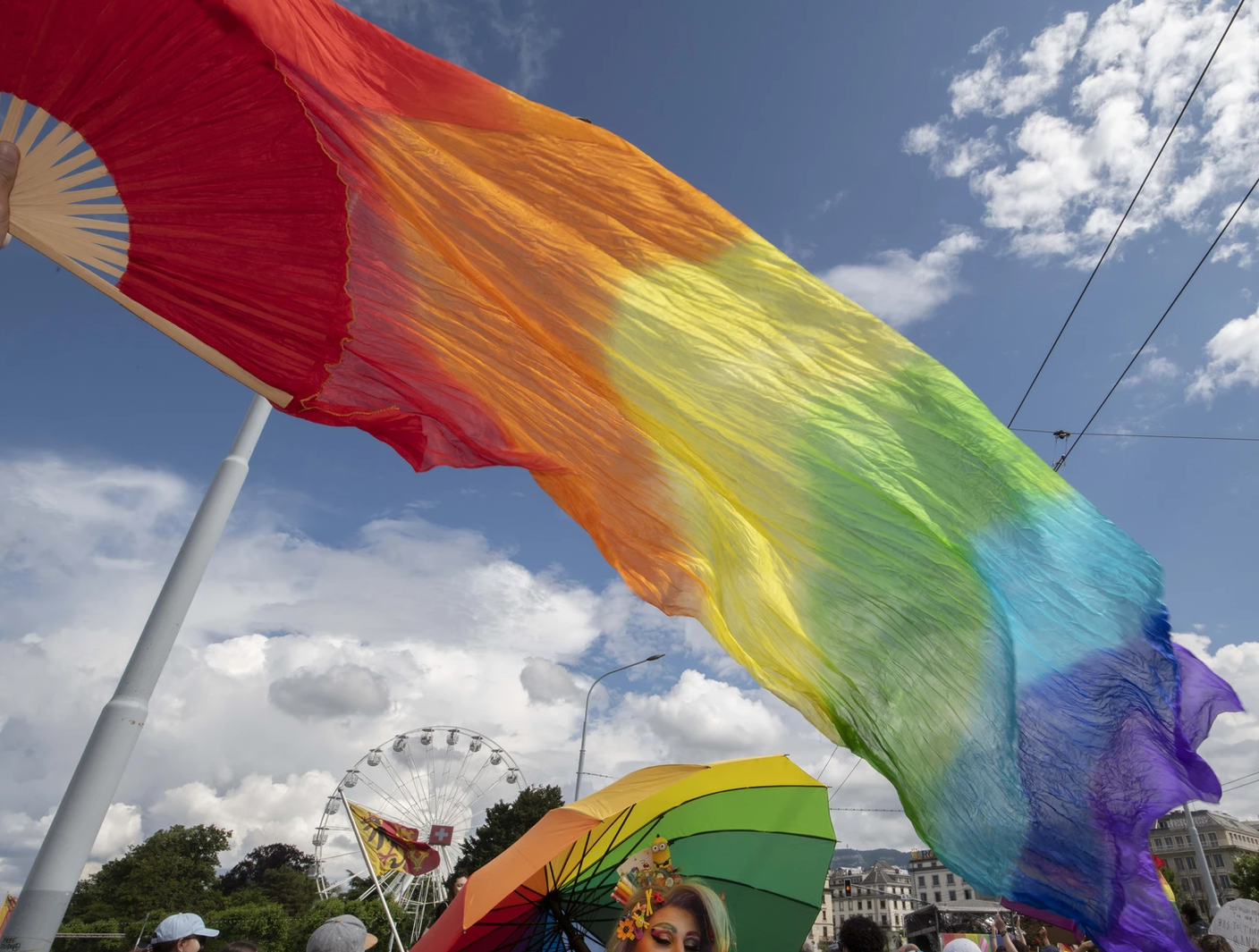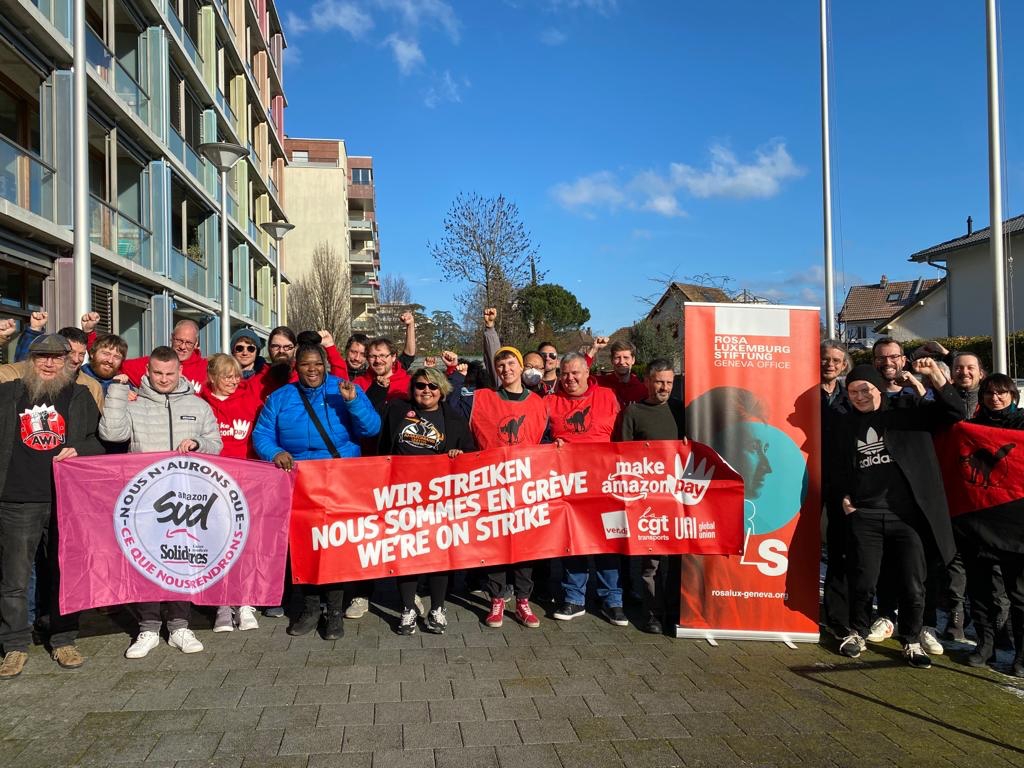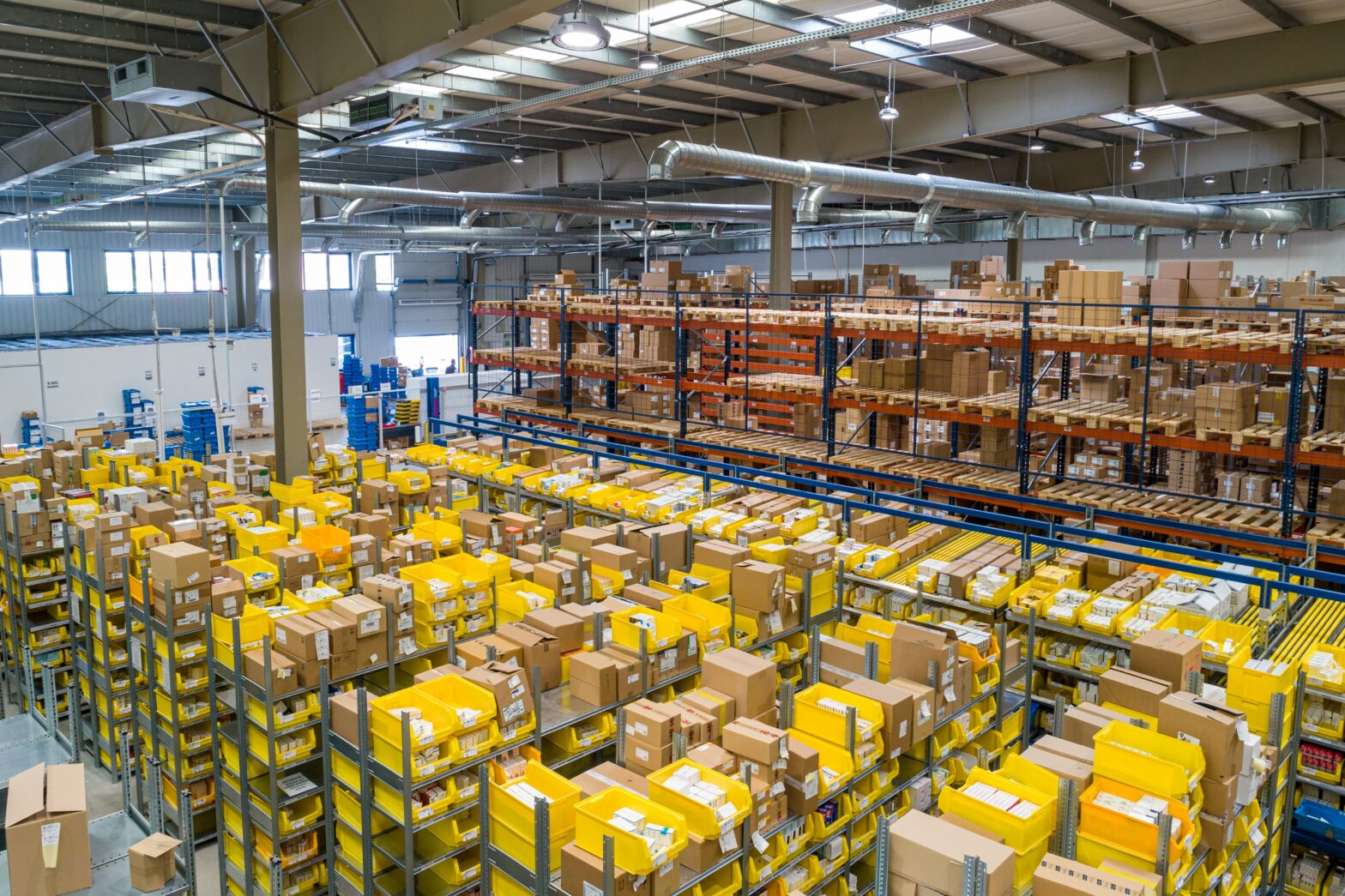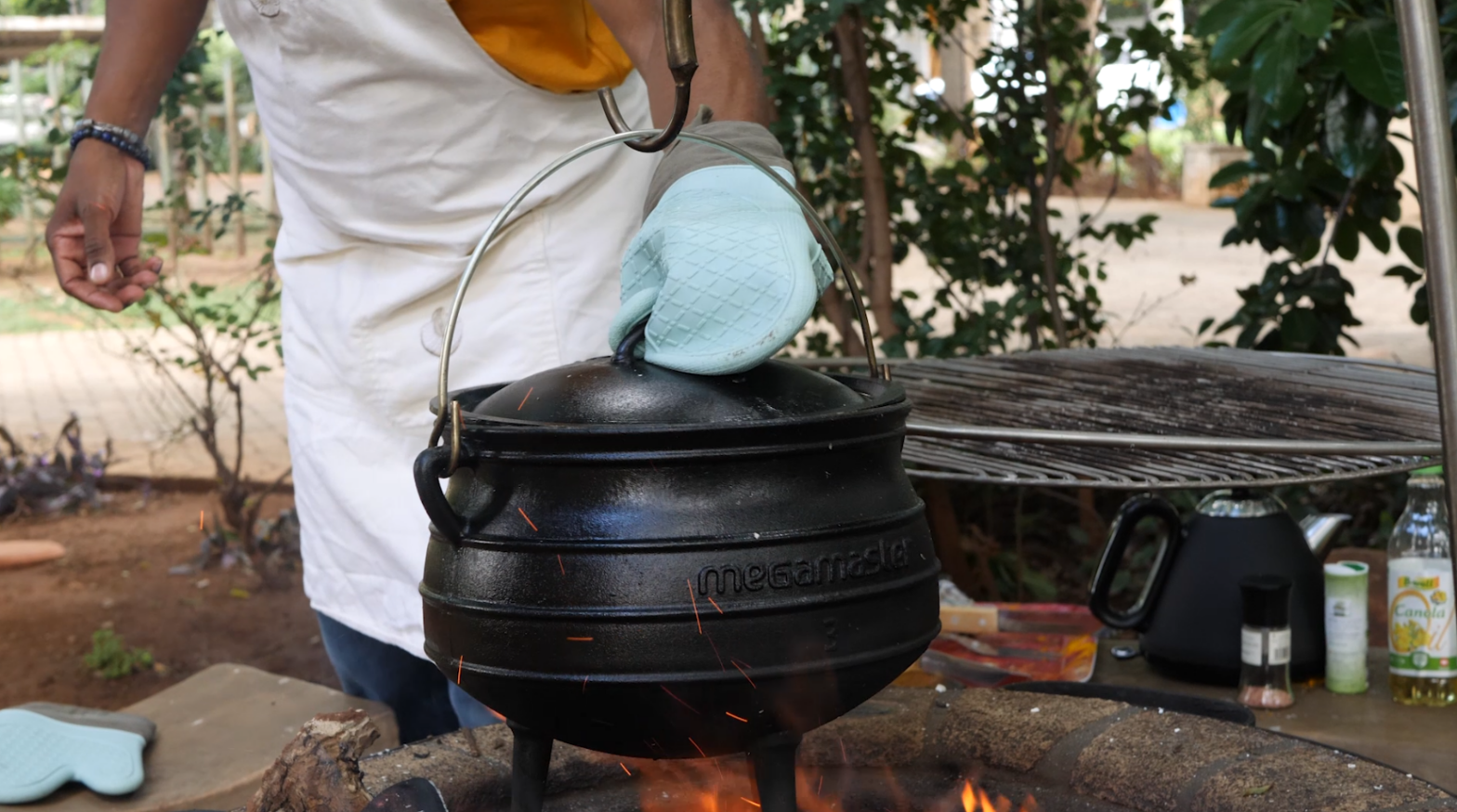Aktie Twitter Facebook Email Copy URL
A globalized world needs globalized value-chain legislation to protect the rights of farmworkers in the Global South – in englischer Sprache!
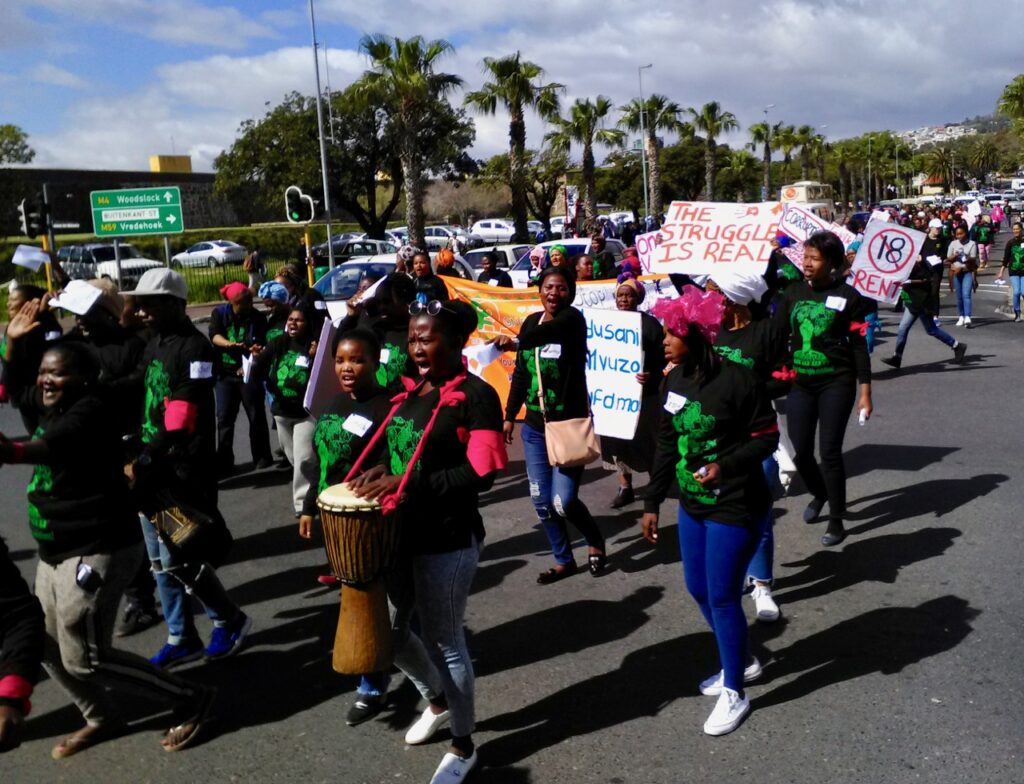
South Africa has emerged as one of the leading producers of wine in recent decades. Following the end of Apartheid and the country’s reintegration into the international community, winegrowers were able to import modern technologies much easier, thereby boosting production, and access global export markets for the first time in decades. As a result, South Africa is now the ninth-largest producer of wine in the world.
This rapid growth has brought immense wealth to landowners and distributors. Yet as the recent Rosa-Luxemburg-Stiftung study Cheap Wine, Bitter Aftertaste reveals, the conditions facing workers on South African vineyards remain highly precarious and exploitative. The situation for women farmworkers is especially difficult, and earning a living wage is a daily fight. Rosa-Luxemburg-Stiftung’s Kim Naser spoke to Colette Solomon and Carmen Louw from the Women on Farms Project, a South African NGO dedicated to empowering women who live and work on wine farms in the Western Cape, to learn more about the struggles of women farmworkers in South Africa and the impact of COVID-19 on their lives.
KN: Most of the women you work with are employed on wine farms in South Africa. What does a typical working day on these farms look like?
CL: Their day starts at 4:30 with preparing the household, before they go to the farm at 6:00 and return home at around 18:30. After wage labour, household work continues. Work and life on the farm are very patriarchal. Domestic and care work rest on the shoulders of women and their children.
CS: Many women farmworkers only work during the high season and don’t necessarily live on the farm they work on. In the workplace, women are given a specific target, usually a number of grape baskets that they must produce in a day. These targets are always non-negotiable, determined by the farmer or the manager and usually very hard to achieve. Thus, women have to push themselves all day to achieve it, which means that they often don’t take lunch or even a brief tea break.
Our research showed that the majority of women farmworkers don’t have access to toilets for the entire working day. That has an impact on their dignity and health. Women would say, because they work with men, they have to walk a great distance to find a bit of privacy and relieve themselves in the vineyards. When they have their period, it becomes a problem because either they cannot change their sanitary towel all day, or they have to go to a secluded space, which is difficult to find, and bury the sanitary towel in the sand. They don’t have access to clean running water, yet during COVID-19 the inability to wash hands can be a life or death matter.
Furthermore, temperatures in the picking season can often reach 40 degrees. Workers don’t have shaded spaces nor anywhere to keep their lunch cool, which can cause serious health issues. Another danger with serious health consequences is the exposure to pesticides. For the majority of women seasonal workers, no protective clothes are provided, and they are too expensive to buy them for themselves. Farmworkers have told us that farmers sometimes sprayed the vineyard while they were working.
What specific challenges do women face compared to men?
CS: The most important difference is that men are mainly employed as permanent, and women as seasonal workers. That single distinction has huge implications. Just by being a seasonal worker, women don’t get most of the benefits and entitlements, even though they are doing the same work. Increasingly, women seasonal workers don’t know how long they will be working and how much they will be paid. Work on farms for women is very precarious and insecure, while male permanent workers enjoy greater job security.
CL: Additionally, women occupy the lowest positions—they work as general labourers and don’t get the opportunity to learn advanced skills like driving a tractor or using new technologies. Another issue is housing contracts: 95 percent of housing contracts are in the name of the male partner or son. That often leaves women destitute and dependent. Therefore, Woman on Farms supported a constitutional court case for women’s tenure security on farms.
More and more farmers in South Africa are replacing permanent staff with so-called “labour broker workers”, temporary employees provided to farms by an external agency, who are mainly seasonal migrant workers. What does it mean to be a migrant seasonal worker?
CS: There is a distinction between South African seasonal workers and so-called “migrant seasonal workers”, mostly from Zimbabwe, Lesotho, or Malawi. Some of the migrant workers come to the vineyards to work for the season, while others have settled more or less permanently in the various townships and informal settlements in South Africa’s wine-producing region. Farmers know that migrant workers are very often “undocumented”, meaning they lack legal residential documents and work permits, making them even more exploitable than South African seasonal workers.
Migrant workers, because of their economic desperation, will never report a farmer to the Department of Labour, join trade unions, or organize. The fact that farmers very often prefer to employ migrant workers feeds the kinds of xenophobic tensions that already exist throughout South Africa anyway. Furthermore, labour broker workers face insecurity because they sometimes fall between the legal cracks. For example, when farmworkers are not paid the minimum wage, the labour broker often blames the farmer for not paying enough, while the farmer claims that the labour broker skimmed money from workers’ wages.
How is the COVID-19 pandemic hitting the wine sector in South Africa and how does it affect farmworkers?
CL: There were multiple bans on alcohol sales; the first one included a ban on wine exports as well as domestic sales. The wine industry indicated that during the first three months of “hard” lockdown, 18,000 agricultural workers lost their jobs, including hospitality and tourism workers. Many seasonal farmworkers were re-employed, but are working for a shorter season. Moreover, many farmers implemented their own lockdown regimes, which were sometimes stricter than national legislative measures.
CS: The South African government implemented some social support during the pandemic in 2020, including a special social grant and food parcels. The majority of farmworkers, especially those living on farms, were unable to access them because of the eligibility criteria or technical issues—a smartphone and mobile data were needed to apply, which are simply inaccessible to the majority of farmworkers. Food parcels were distributed in townships and informal settlements but almost never on farms, partly because legal access to private farms is very difficult.
So-called “essential workers” have received a lot of public attention during the pandemic. Is that also true for farmworkers?
CL: It was very heart-warming to hear that farmworkers were classified as essential workers, especially since they are the lowest-paid workers in the country together with domestic and security workers. They are not adequately compensated for their valuable contributions—a fact that was not sufficiently discussed during lockdown.
Farmworkers mostly work in rural commercial farming areas that are far away from urban towns and the media houses. They received very little attention during the initial stages of COVID-19 and in general. Media is not eager to travel to rural communities and take down the stories of farmworkers.
Some people see chances in times of crises. Do you think women farmworkers and migrant workers in particular could use the crisis as a chance?
CL: The pandemic revealed the risks of an export-oriented agricultural economy. Thus, we have an opportunity to advocate for agrarian transformation in which food sovereignty is valued over profit. One of the reasons for the slow pace or the lack of land redistribution in the country is that the wine industry generates so much revenue.
CS: During the alcohol bans in South Africa, our research showed that gender-based violence declined during those periods when men had no access to alcohol. It was a safer time for women in abusive relationships or in homes where there had previously been violence. Another important issue is that the season started late this year because the rainfall and temperatures in 2020 were not conducive. Therefore, we also saw that climate change is having an impact on the industry—or rather, has always had an impact on the industry.
South Africa is a drought-prone country and not best-suited for this kind agricultural production. Current agricultural production, including wines and grapes, is very pesticide- and capital-intensive. COVID-19 has exposed the vulnerabilities of the industry, including its export orientation. It has presented us with a moment to ask questions about our dominant model of agricultural production. How can we produce thousands and thousands of litres of wine in this country, while at the same time thousands of South Africans are food insecure?
What needs to be done to improve the working conditions for women farmworkers and migrant seasonal workers?
CS: We have to look at it in the short- and long term. In the current, exploitative paradigm, we have all kinds of bread-and-butter issues: seasonal farmworkers need a living wage, job security, access to drinking water and toilets in the vineyard, protection from pesticides, and a ban on hazardous pesticides in South Africa.
But if we start to say that actually the system itself is wrong, the system is broken, the system isn’t working for women seasonal workers, then we start to challenge and look into more transformative solutions. At the heart of such solutions is the question of women’s access to productive land and other resources that will enable them to generate a livelihood independently of waged labour and at least achieve household food security.
CL: In order to improve working conditions for migrant workers we should focus on the structural inequalities in this country and the region in general in order to bring stability and prevent migration. Many migrant workers migrate due to either economic or political reasons. A more systemic and political approach would be to challenge patriarchal control, which has a negative impact on women in general.
How can we work together as an international community?
CS: We can work together on different levels. German citizens who purchase and enjoy South African wine and grapes have a lot of economic power and a role to play. They need to lobby for and ask questions about the working conditions of women farmworkers. They need to ensure that South African workers are treated decently and receive a living wage.
Furthermore, German citizens can pressure their supermarkets. They need to ask Lidl, Aldi, and other supermarkets: where is this wine coming from? What are the working conditions on these farms? The supermarkets also have a corporate responsibility to ensure that their suppliers in South Africa are complying with the laws and doing more by ensuring fair and dignified working conditions in South Africa, especially for women. The only way to force them is to enact German—or, even better, European—legislation that compels supermarkets to enforce these regulations along the entire value chain. Ultimately, they need to ensure that farmworkers in South Africa are safe and have a dignified life.
Germans can engage with civil society and trade unions in South Africa. Collectively we can campaign and say: “Within a globalized world, there needs to be globalized legislation along value chains that protects the labour and human rights of farmworkers in the Global South.
Colette Solomon is the Director of the Women on Farms Project (WFP) and a passionate feminist. She organizes women to fight for their rights and joins their protests herself. Carmen Louw is the co-director of WFP, working on organizing women farmworkers. She is also a lifelong gender activist. Kim Naser works as a Project Manager for Southern Africa at the Rosa-Luxemburg-Stiftung in Berlin. The article was first published at rosalux.de.
